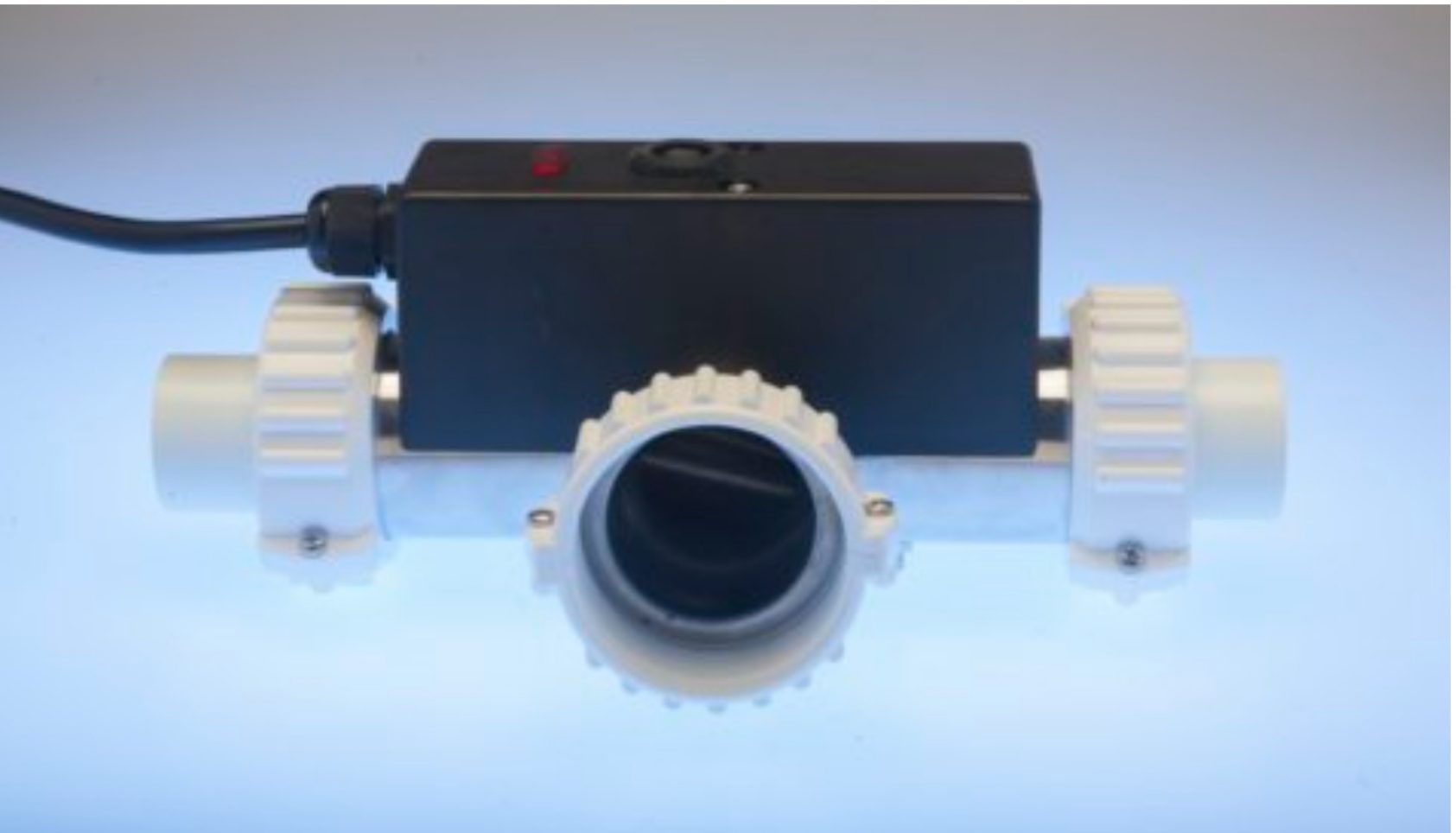Your water heater plays a big role in your daily life, whether delivering hot showers, running the dishwasher, or doing the laundry. But did you know your water heater could also be one of the largest energy consumers in your home? Learning how to maximize its efficiency can save you money and reduce your carbon footprint.
If you’re considering upgrading to a more efficient model like a Whirlpool water heater or simply want to get the most out of your current system, this guide will break down the essentials.
What Does Water Heater Efficiency Mean?
Water heater efficiency refers to how effectively the unit converts energy into hot water. Older or poorly maintained systems tend to waste energy, which translates to higher utility bills. Efficiency is measured by the Energy Factor (EF) rating or the newer Uniform Energy Factor (UEF), which indicates the percentage of energy that directly goes toward heating the water.
A higher EF or UEF means better efficiency and lower energy costs. For instance, Whirlpool water heaters are designed to provide reliable performance and excellent energy efficiency.
Types of Water Heaters and Their Efficiency
The type of water heater you have greatly impacts energy use. Let’s take a closer look at the common types:
-
Traditional Tank Water Heaters
These store a set amount of hot water, usually between 30 and 80 gallons. While they’re reliable, the constant reheating of water (even when not in use) wastes energy.
How to Improve Efficiency: Insulate the tank and pipes to minimize heat loss. Lowering the thermostat to 120°F can also reduce energy use.
-
Tankless Water Heaters
These heat water on demand, so there’s no standby energy loss. They’re more efficient but may have a higher upfront cost.
Pro Tip: If you’re upgrading, consider a tankless Whirlpool water heater for energy savings in the long run.
-
Heat Pump Water Heaters
These use electricity to transfer heat from the air to the water. They’re incredibly efficient but may not perform as well in colder climates.
Maintenance Tip: To ensure optimal performance, the surrounding area is free of dust and debris.
Tips to Boost Water Heater Efficiency
No matter what type of water heater you have, these practical tips can help you save on energy costs:
-
Insulate the Tank and Pipes
A simple and affordable way to improve efficiency is to wrap your water heater tank in an insulating blanket. This prevents heat from escaping, reducing energy waste. Insulating exposed hot water pipes can also help.
-
Flush the Tank Regularly
Sediment buildup in tank water heaters can reduce efficiency over time. Flushing the tank every 6–12 months removes deposits and ensures the system runs smoothly.
-
Use Less Hot Water
Simple habits like taking shorter showers, fixing leaky faucets, and using cold water for laundry can significantly reduce the strain on your water heater.
-
Install Low-Flow Fixtures
Low-flow showerheads and faucets reduce water usage without sacrificing performance. This means your water heater doesn’t have to work as hard.
-
Upgrade to an Energy-Efficient Model
If your current water heater is over 10 years old, it might be time for an upgrade. A new, efficient model like a Whirlpool water heater can save you money in the long term by using less energy.
Why Choose an Efficient Water Heater?
Investing in an energy-efficient water heater is a smart move for several reasons:
- Lower Energy Bills: Over time, you’ll notice a reduction in your monthly utility costs.
- Environmental Benefits: Using less energy means reducing your carbon footprint.
- Improved Performance: Efficient water heaters heat water faster and more consistently.
- Longer Lifespan: Modern systems are built to last, providing reliable service for years.
Final Thoughts
Improving water heater efficiency doesn’t have to be complicated. Whether it’s regular maintenance, insulating your system, or upgrading to a newer model like a Whirlpool water heater, there are plenty of ways to save on energy costs without sacrificing comfort. By making these small changes, you’ll enjoy lower bills and hot water when needed.
